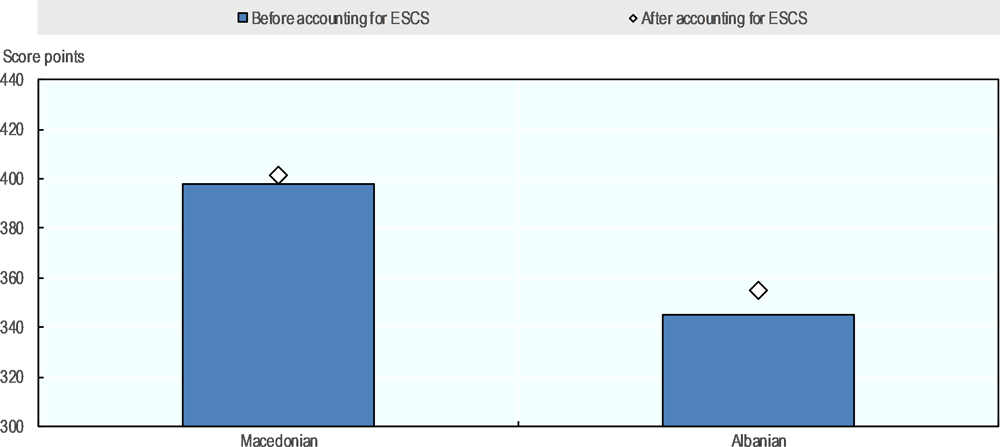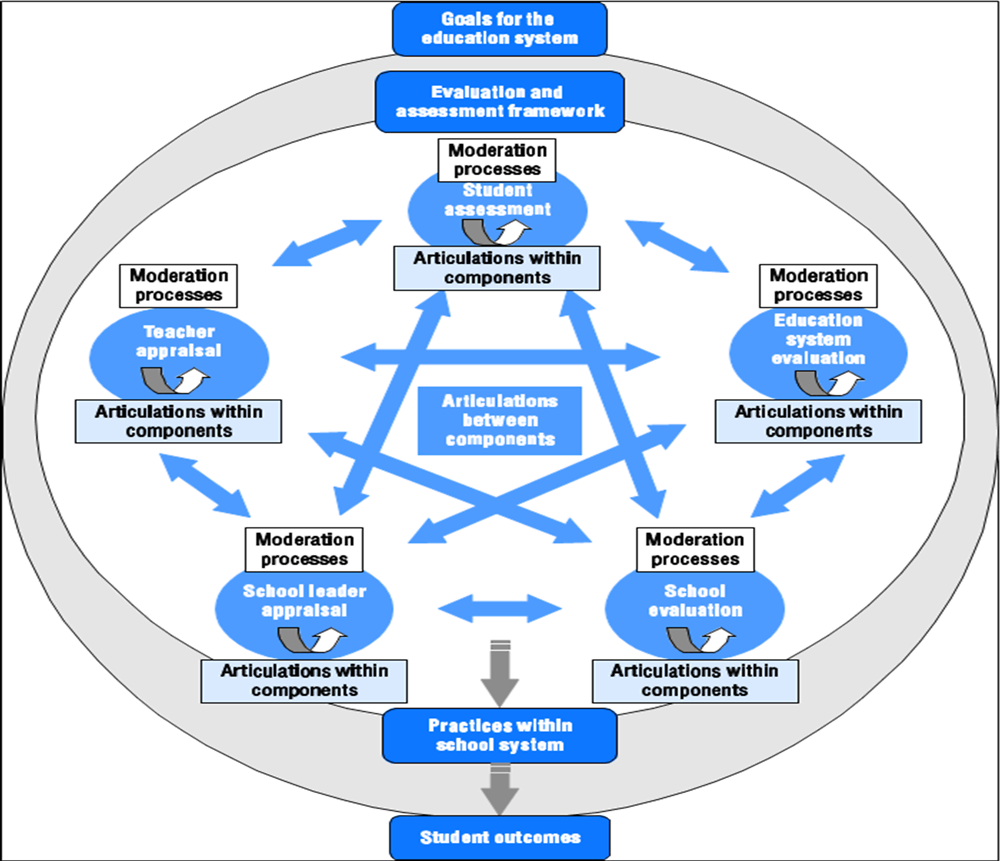The OECD last reviewed the education policies of the Republic of North Macedonia in 2003 (OECD, 2003[1]). Today, sixteen years on, more children and young people participate in education and remain in school for longer. There have also been major institutional improvements since 2003, with the creation of separate government agencies that now concentrate professional capacity for key evaluation and assessment functions. This includes the National Examinations Centre (NEC), which manages the country’s state matura examination that is recognised across the region for its innovative design and integrity. It also includes the State Education Inspectorate (SEI), which leads and supports regular external and internal school evaluations in North Macedonia. School evaluations focus on many of the aspects of the school environment that research recognises to be essential for learning.
Yet despite these improvements, progress on the most important measure of education system quality – student learning outcomes – remains limited. Data from the OECD Programme for International Student Assessment (PISA) show that learning outcomes in North Macedonia are lower than international and regional averages, and show no sign of improvement. In 2015, half of the country’s 15-year-olds did not demonstrate basic proficiency in all three subjects in which they were assessed – mathematics, reading and science (OECD, 2016[2]). The apparent lack of improvement in student learning outcomes occurs at a time when increasing numbers of students in North Macedonia are progressing to tertiary education, but not subsequently into jobs. This situation points to an urgent need to reinforce the national framework for evaluation and assessment so that student learning is directed and assessed to more rigorous, relevant national standards. It also highlights the need to ensure that struggling students are detected early on and supported to master the essential knowledge and skills that they will need to participate fully in their country’s development as a competitive economy and prospective member of the European Union.
Aware of the need to strengthen evaluation and assessment policies, North Macedonia asked the OECD and UNICEF to undertake a review that would provide recommendations in three key areas. First, on how to develop a national assessment system that would enable the government to monitor national learning outcomes and support instructional improvement, while avoiding the distortions that resulted from past assessment models. Second, was to provide guidance on how to develop further the state matura examination, especially with a view to better recognising and rewarding the competencies of upper secondary students from vocational programmes. A third priority concern was how to create an effective system for teachers’ professional and career development. These objectives accord with the national aims that are set out in the country’s new education strategy (see Box 1) which was published when this OECD‑UNICEF review began.






